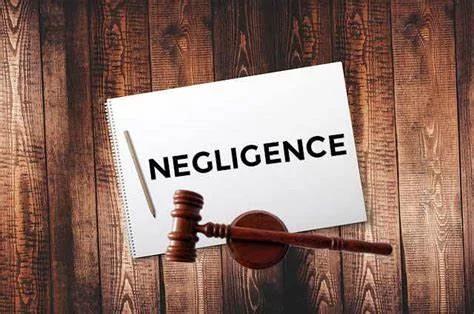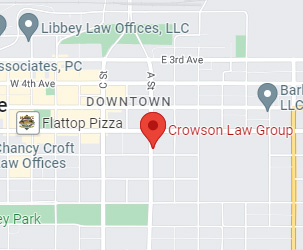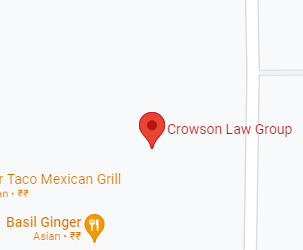Navigating Negligence: Unraveling the Duty of Care with Insight from a Top Attorney in Anchorage

In Alaska, personal injury cases often hinge on the concept of negligence. In this article, you learn about negligence, “duty of care” and its role in determining fault in an accident. Understanding these elements helps you navigate personal injury claims.
The “Duty of Care” in a Personal Injury Case
In a personal injury lawsuit, the concept of “duty of care” forms the foundation of your claim as a plaintiff. It essentially establishes a legal obligation for individuals or entities to act with reasonable caution to prevent harm to others. This duty applies to a wide range of situations, encompassing car accidents, slip-and-fall incidents, and even product liability claims.
For instance, drivers have a well-defined duty of care to exercise reasonable caution on the road, ensuring the safety of other drivers, passengers, pedestrians, cyclists, and motorcyclists.
However, establishing a duty of care isn’t always straightforward and can vary depending on the specific circumstances of each case. For example, a store owner generally doesn’t have a legal obligation to safeguard customers who disregard posted warnings and enter restricted areas.
What Is “Reasonable” When It Comes to Negligence?
Determining what constitutes “reasonable” behavior in negligence cases hinges on specific circumstances. The concept is not a static one, but rather adapts to various factors, including:
- Time and place – What is considered reasonable care can evolve over time and differ based on location. For instance, driving standards might be stricter in urban areas compared to rural settings.
- Relationships between individuals – The expected standard of care can vary depending on the relationship between the involved parties. For example, a higher duty of care is generally expected from professionals towards their clients compared to strangers.
Keys to a Negligence Case
While the details of every accident are unique, winning a negligence case often boils down to a few fundamental concepts presented in a clear and straightforward manner:
- If you can successfully show that you acted responsibly while the other party involved was careless, they may be held liable for your damages. These damages can cover things like medical bills, lost wages, and compensation for pain and suffering.
- Your chances of receiving fair compensation may significantly increase if the negligent person has liability insurance coverage.
- If the person who caused your injury was acting on the job, their employer may also be held legally responsible for the accident.
- If your injuries stem from dangerous property conditions or a faulty product, the property owner or product manufacturer/seller could be liable, even if they were not directly involved in creating the hazard.
- In some cases, if you were partially to blame for the accident, your compensation may be reduced proportionally to your degree of fault.
In a negligence case, you want to present a reasonable argument establishing the other person’s negligence, even if they argue that they acted carefully. If you believe you have a potential negligence claim, it’s highly advisable to consult with a top attorney in Anchorage specializing in personal injury cases.
Understanding negligence, including concepts like “duty of care” and “reasonable care,” is paramount when pursuing legal action after an accident. If you find yourself in such a situation, consulting a top attorney in Anchorage specializing in personal injury cases can be the most crucial step towards protecting your rights and securing the compensation you deserve.


